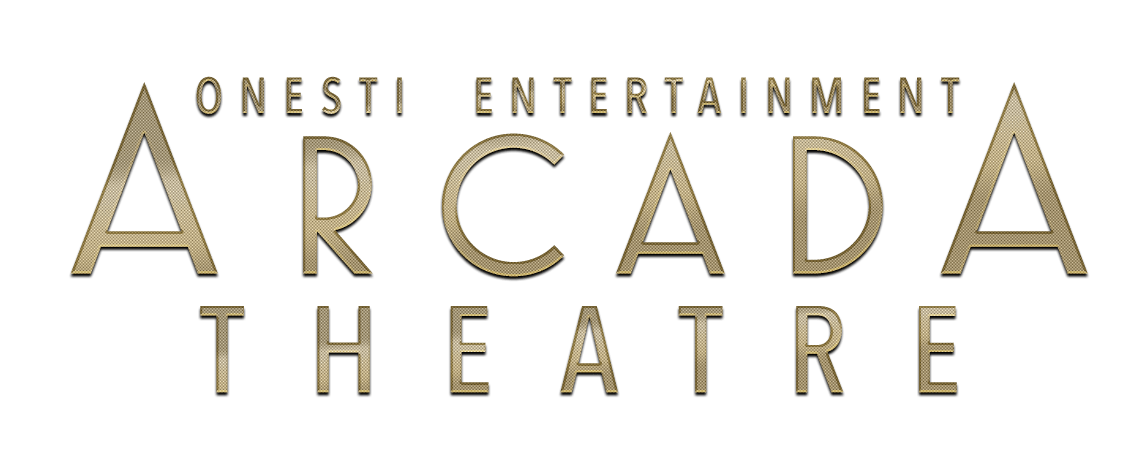Backstage with Ron Onesti:
Ya Mon! Reggae is really good stuff!
I don’t care if you like the music or not, know how to dance to it or not, or simply don’t know anything about the music; it is virtually impossible not to bob and sway to the sounds of the Reggae beats.
I’ve always loved that stuff. From the time it was “mixed” into the pop music of the early 70s to Eddie Murphy’s Rastafarian parodies on Saturday Night Live, that music has always made me smile.
I recently had the pleasure of producing a concert with the band of the “king” of the Rasta men, Bob Marley. His band, the Wailers, appeared at The Arcada, and rarely have I seen an entire audience bop in unison the way I did on that night.
When they first arrived, the dressing rooms became a complete Jamaican cultural immersion! Dreadlocks, knit hats, sandals … all over the place! Clouds of smoky incense filled the rooms and everybody, including my staff, all became extremely laid back. It was a very cool experience!
Then, Rasta royalty entered the room. Aston “Family Man” Barrett, the “Godfather” of Reggae, actually toured with Bob Marley and The Wailers as the band leader, record producer and bassist during Marley’s “golden years” from 1974 until his death in 1981.
He was a stout man in multicolored, baggy pants, oversized striped knit polo shirt, a slow, saunter of a walk and a welcoming smile. He agreed to sit down with me for my interview with him. I was very excited as this was another legendary part of music history I had the opportunity to learn about!
It was me, Aston Sr. and Aston Barrett Jr., his son. I thanked him and commenced asking questions. I did this for about 30 minutes, and I’ll be honest, I did not understand one thing Barrett Sr. said! His Jamaican accent was so thick, I really found myself staring at him, glassy-eyed, trying to decipher his answers. His son knew what was going on, and laughed all the way through it!
Aston Jr. ultimately helped me get my answers and I really was on my way into the world of Bob Marley.
I first wanted to find out about the “Family Man” himself. With 41 children, it was easy to figure out where his nickname came from! Or so I thought. He actually garnered that name before he had kids. He was always a take-charge kind of person, a guy who kept all his band members in line — kind of the father figure in charge of the Wailers “family,” hence his name.
He self-taught himself how to play music, using a curtain rod and plucking a single rope from a curtain to learn how to play bass. He quickly rose to be one of the most respected musicians and record producers of the genre. Marley sought he and his brother Carlton to be a part of his backing band, asking Aston to be his band leader and co-producer on all the albums.
When I asked if the “partying” aspect of the band was true, he in no way denied anything. “We have different rules in Jamaica. What we did helped us create the music,” he said. “It was not dangerous and we didn’t hurt anybody. Our music makes a lot of people happy. I am proud of that!”
Bob Marley died in 1981 of cancer at the way too young age of 36. He is buried with his red Les Paul guitar, still playing his music in the heavens. Aston Barrett Sr. and the rest of the Wailers are keeping his music, and his memory, alive as the Wailers continue to be one of the most successful groups in history, with over 75 million albums sold, and still going strong, touring regularly.
And next time you hear one of the many Wailers’ songs that make you sway with your arms up in the air, look up to the sky and say to that wizard from Kingston, Jamaica: “Tank you, mon … One love, one heart, let’s get together and feel all right.”
As I get a bit older and I get a bit thinner on top, I may soon be looking to sport some dreadlocks, in tribute to my Rastafarian hero, Bob Marley. I may not be able sing the music, but I can sure look the part!
• Ron Onesti is president and CEO of The Onesti Entertainment Corp. and The Historic Arcada Theatre in St. Charles. Celebrity questions and comments? Email ron@oshows.com.

